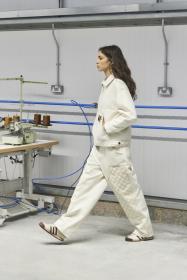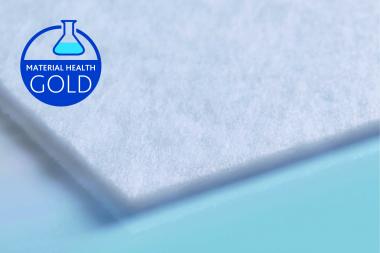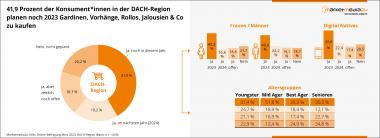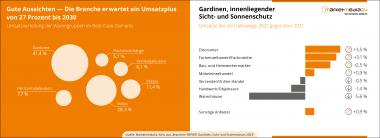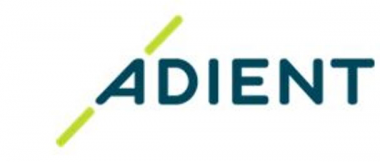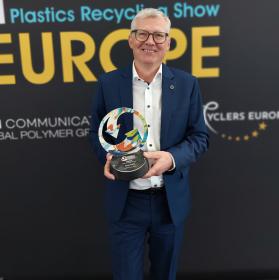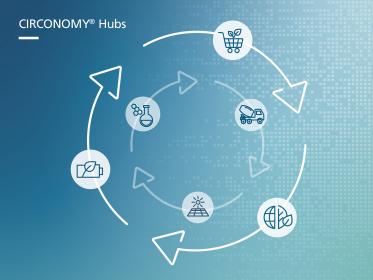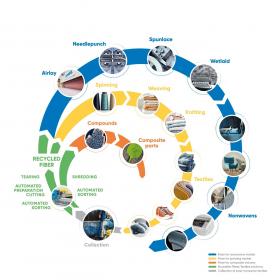BEZAKTIV ONE: Neues Reaktivfarbstoff-Sortiment von CHT
- Reaktivfarbstoffe für wasser- und energiesparende Färbeprozesse mit stark verkürzten Prozesszeiten
BEZAKTIV ONE deckt ein breites Spektrum an außergewöhnlich starken Farbstoffen ab. Dies ermöglicht kosteneffiziente Färbeprozesse mit weniger Farbstoff und Salz. Das ausgezeichnete Auswaschverhalten ermöglicht kurze Spülprozesse bei tiefer Temperatur und bietet dadurch einen weiteren ökonomischen und ökologischen Vorteil. Die Farbstoffe eignen sich durch ihre gute Mehrfachwaschechtheit besonders für langlebige Textilien.
Zellulosefasern werden häufig mit Reaktivfarbstoffen gefärbt, da diese in einer Vielzahl von Farben kommerziell erhältlich sind und Färbungen mit hoher Waschechtheit ergeben. Reaktivfärbungen benötigen durch die notwendigen Spülprozesse jedoch viel Wasser. Aufgrund der gestiegenen ökologischen Anforderungen ist die Entwicklung energie- und wassersparender Verfahren eine Kernanforderung an neue Farbstoffe.
Eine minimale Anzahl von Spülbädern und generell niedrigere Temperaturen der Färbe-, Spül- und Seifbäder tragen zu effizienten wasser- und energiesparenden Färbeprozessen bei.
BEZAKTIV ONE Farbstoffe können zwischen 40 und 60 °C gefärbt, gespült und geseift werden. Daher ist der Ausziehfärbeprozess im Vergleich zu herkömmlichen Reaktivfärbeverfahren, bei denen Temperaturen zwischen 60 und 98 °C erforderlich sind, deutlich kürzer. Dieser Vorteil bedeutet für den Textilfärber Einsparungen bei der Prozesszeit und eine höhere Produktivität.
Besonders deutlich werden die Vorteile des Verfahrens bei mittleren bis dunklen Farbtönen. Durch die Kombination von hohem Fixiergrad und gutem Farbaufbau können insbesondere dunkle Nuancen mit geringeren Farbstoff-Einsatzmengen als mit herkömmlichen bifunktionellen Reaktivfarbstoffen erreicht werden. Durch die Zugabe des Hilfsmittels COTOBLANC SEL im zweiten Seifbad ergibt sich ein zusätzlicher positiver Effekt, so dass ein Waschprozess mit geringem Wasser- und Energieaufwand zu hervorragenden Nassechtheiten auf dem Textil führt.
CHT







